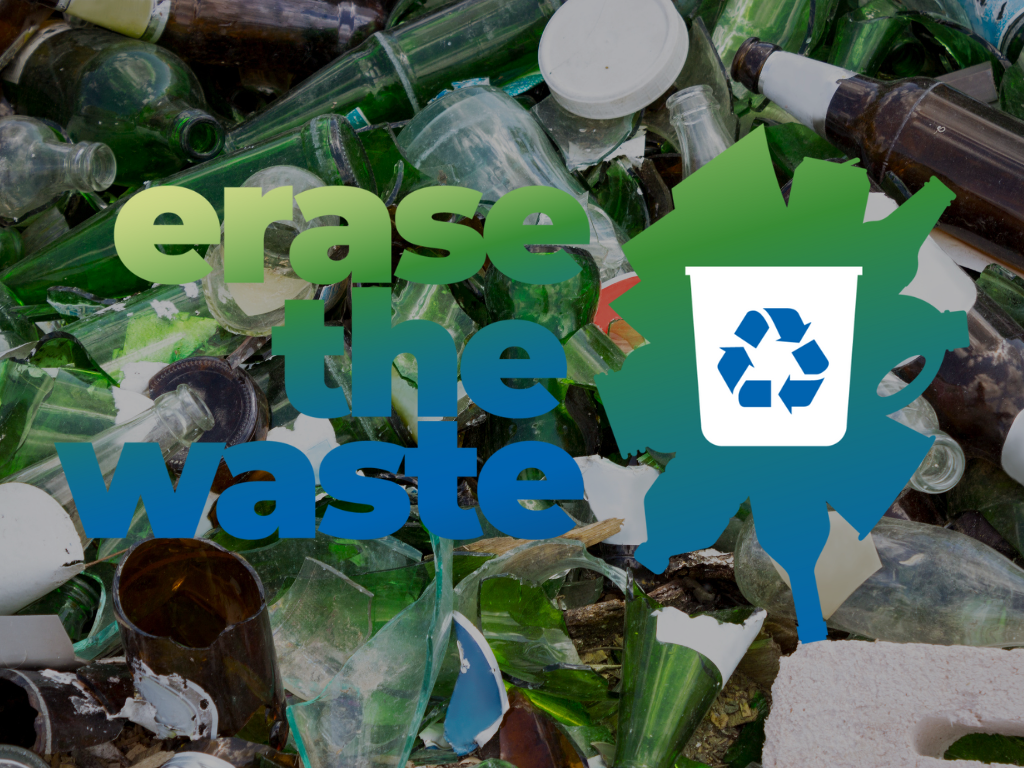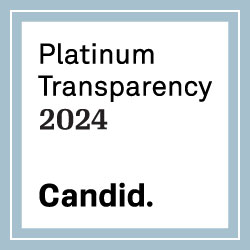Reprinted from HomeLink Magazine
Emilie Rogers, Program Administrator of Yampa Valley Recycles

We have become a society of convenience. Many modern day conveniences are electronic devices which require batteries. We all wonder what to do with the batteries when they expire.
Alkaline batteries (AA, AAA, C, D, and 9V) have not contained mercury for nearly two decades and contain a small amount of metal—such as nickel, cobalt, zinc, manganese or silver. The core is zinc chloride. To say they’re not recyclable isn’t true, but at this point, there is no cost-effective method for de-manufacturing them, mostly because of high costs for transportation, especially from our remote mountain location.
If you use alkaline batteries, the best option for disposal is to throw them away with your weekly trash. You can take extra steps to prevent leaking such as not putting multiple batteries in the same plastic trash bag and securing the ends of each battery with any kind of tape. Remember, they contain no hazardous materials. If you would rather not throw away alkaline batteries, consider buying rechargeable batteries, and commit to using and recycling them.
The following batteries should be recycled:

Nickel-Cadmium (Ni-Cd) batteries need to be recycled because they contain the toxic metal cadmium. These batteries are considered hazardous waste and are not allowed in landfills. Recycling this type of battery involves using heat to separate the high temperature metals, such as nickel and iron, from the low temperature ones, like zinc and cadmium. Some of the metals solidify after they melt, while others are reprocessed as metal oxides. These metals all have economic value.

Lithium-Ion (Li-ion) batteries are recycled in the same way as Ni-Cd batteries and also produce valuable metals. One reason not to store Li-ion batteries or put them in a landfill is that they have the potential to overheat and explode when exposed to high temperatures. It’s a good idea to store these batteries in a cool location before you recycle them.
Silver Oxide and other button-cell batteries also contain mercury, which makes recycling a must. These batteries are not rechargeable. Silver oxide batteries are typically shredded during the recycling process to recover the valuable heavy metals.
Sealed Lead-Acid batteries (video cameras, power tools, wheelchairs, ATVs, metal detectors, clocks, cameras) and Lead Acid Vehicle batteries have a ninety-seven percent recycling rate, the highest of any consumer product in the U.S. This is good because their lead and sulfuric acid content make them one of the most harmful products in a landfill. These batteries are recycled by separating the battery into its three main components: plastic, lead and sulfuric acid. The polypropylene plastic is reprocessed into new battery cases. Lead pieces are cleaned and also reprocessed for use in new batteries. The battery acid is neutralized then converted into sodium sulfate and used in laundry detergent.
The bottom line is Nickel-Cadmium, Lithium-Ion, Lead-Acid and Silver Oxide batteries need to be recycled. Alkaline batteries are safe for the landfill in small quantities. If you have other types of batteries, the first step is determining what chemicals they contain, which will tell you if they are classified as hazardous waste. The presence of cadmium, lead or mercury will indicate that you’re dealing with hazardous waste.
Residents of Routt County can take their hazardous waste batteries to City Hall. Twin Enivo collects the batteries and transports them to Batteries Plus on the Front Range where they are properly recycled. If you have any questions, please contact recycle@yvsc.org. Thanks to everyone for helping to keep our valley “Green and Clean”!
Other good resources:






